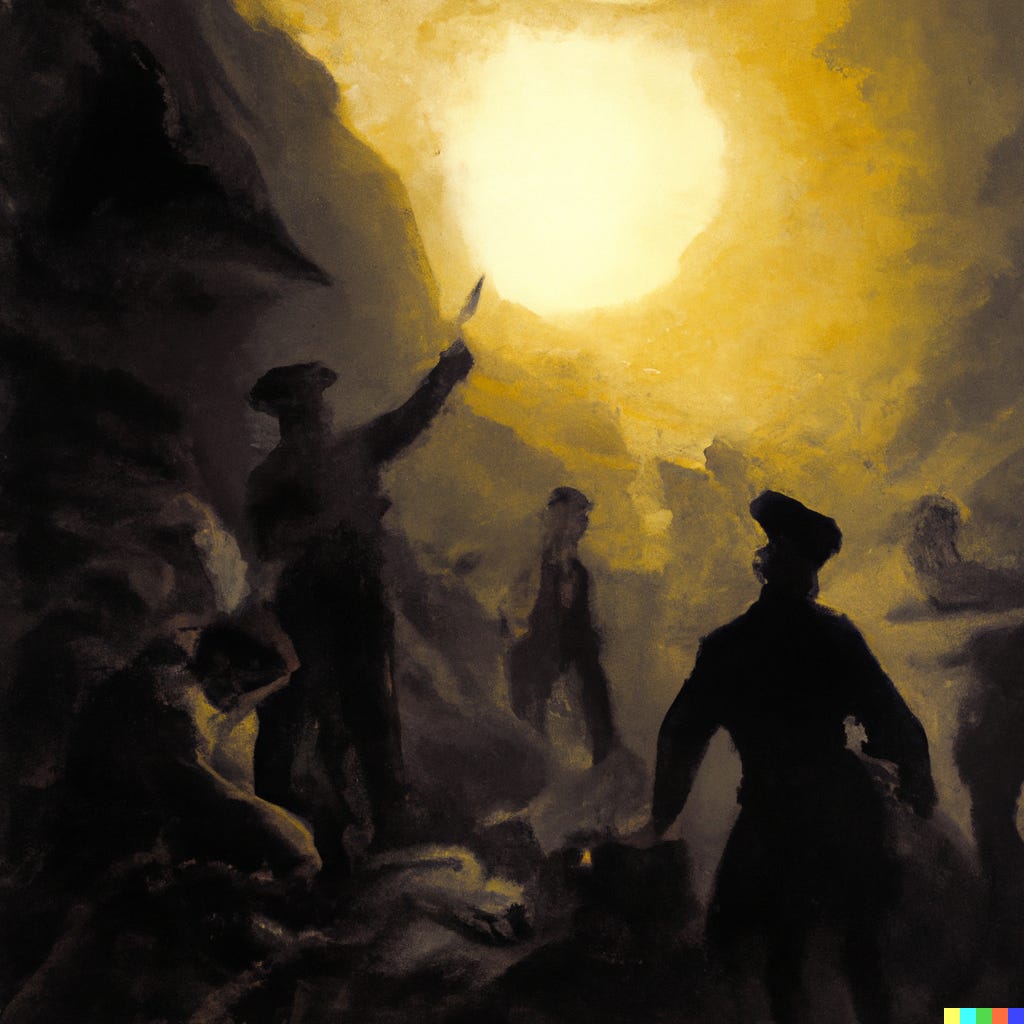Blocking people on Twitter isn’t a free speech issue. It’s a private property one.
Why the right to free speech isn't the same as the right to private property
Recently I saw this interaction on Twitter and it gave me some pause.

I thought about it for a while and realized that in some sense, it isn’t hypocritical to block people on Twitter and still be a proponent for free speech, because blocking people on Twitter isn’t a free speech problem: It’s a private property one. We just don’t normally think of digital accounts as property.
And why would we? When you create a Twitter account, you don’t get the impression it’s yours the way you feel about a house that belongs to you. We can’t customize the algorithm, don’t make money off tweets we post (at least not directly)1, and can’t change the direction of the platform. Ownership is present, but limited.
Add to that, there’s nothing physical about a digital account. It’s just words, images, and occasionally, sound. You can’t “grab” an account like a ball or walk around them like a lawn. But we do own these accounts, the specific usernames, and are responsible for the content we post, who we follow, what we like, the net effect being an abstract network of relationships, preferences, and history represented by digital 1’s and 0’s. It is a room in a home we build out of bits and clicks. In short, a property.
And in the same way strangers do not have a right to enter your home without permission, Twitter users can curate who they let into their digital space; their “homes” made up of text. To some extent.
There are of course some fundamental differences between a physical home and a digital account. By default, if you make your Twitter account public, you’re explicitly allowing most people to enter your space, whereas a home never has that explicit association. But that doesn’t mean you can’t have any moderation, especially one of your own choosing. Or that you cannot curate the content you wish to see on your account.
And to be clear, what Twitter the Platform does is different from what Elon the Individual does. It’s the difference between the water company shutting off the pipes to a precinct and a neighbor shutting down their water hose:
An individual has no obligation to serve the needs of others, except of course in certain narrow circumstances and when they have made an explicitly, legally binding contract, as in the case of a financial transaction, like an Uber driver or creating artwork for a client.
In some sense, saying Elon cannot block people on Twitter without violating his commitment to free speech is like saying he cannot own a private account (because when you go private, 99% of the public will be “blocked” from seeing your content, unless you follow most people who exist on Twitter which isn’t currently possible to do).
And of course, individuals possess the right to privacy. There’s nothing controversial about having a private Twitter account—hundreds of people make one daily. The right to free speech doesn’t automatically give people the right to scream in a stranger’s home. The right to private property supersedes it. There’s a border that stops right at the door. On the Internet, that border is more abstract, but the implication is the same.
So shift the perspective slightly when thinking about free speech and Twitter: It’s isn’t about what you can say. It’s about what you own and who you allow in to your digital world.
To every individual in nature is given an individual property by nature not to be invaded or usurped by any…No man has power over my rights and liberties, and I over no man.
Richard Overton, An Arrow Against all Tyrants (1646)
Elon Musk recently released a new Subscriber option worldwide, so now we can indeed directly make money off our tweets

